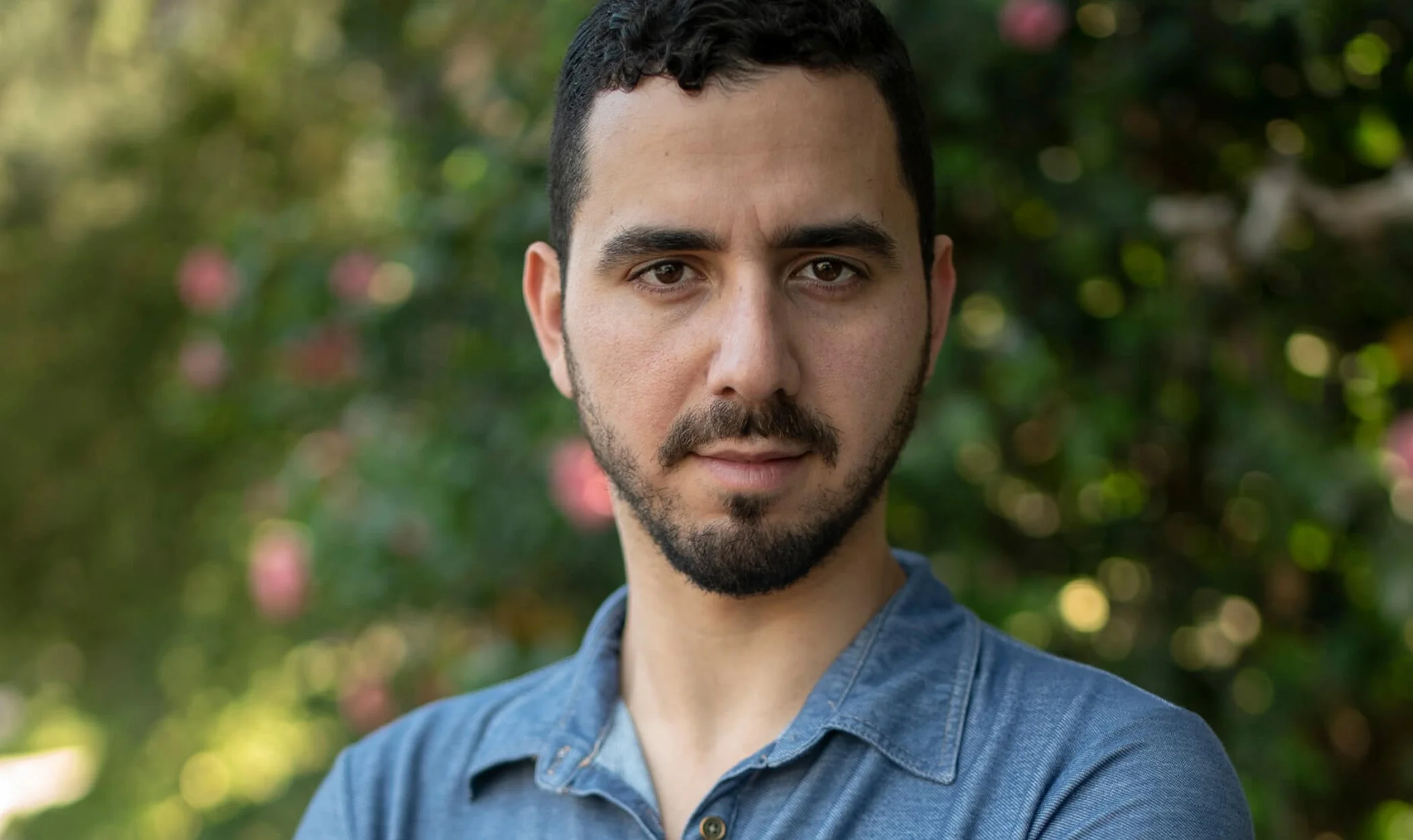
EDDIE RODOLFO APARICIO is a Los Angeles-based artist whose work explores the intricate historical and cultural ties between Central America and Los Angeles, using materials that evoke pre-Hispanic cultural practices. Aparicio’s focus on multiple sites as part of a shared community and history serves as a decolonizing strategy, challenging conventional ideas of “nativeness” and offering a fresh perspective on identity and place-making in a transnational context. While addressing immigration, his practice is more deeply concerned with expanding the understanding of identity, particularly in the face of historical erasure.
Aparicio's work seeks to reclaim the Latinx narrative, both in the U.S. and abroad, highlighting the deep colonial underpinnings that shape contemporary crises and acknowledging the cultural, technological, and economic contributions of Latinx communities. Through his “Caucho” series, which uses rubber, a material tied to pre-Hispanic Central America, he captures the surface of non-native trees in Los Angeles, symbolizing the complex relationship between non-native people, plants, and their environment in urban spaces. This material, deeply rooted in Central American traditions, helps document the experiences of Central American communities in Los Angeles, allowing the materials to become integral storytellers.
Aparicio’s approach, heavily informed by his formal education in the arts, began at Bard College, where he earned a BA in Studio Arts and received the Sol LeWitt and Elizabeth Murray Studio Arts Award. He continued his exploration of the material and conceptual possibilities of art at Yale University, earning an MFA in Painting/Printmaking. While at Yale, Aparicio was awarded the Schell Center for Human Rights Year-long Fellowship, reflecting his commitment to the intersection of art and social justice. He also attended the prestigious Skowhegan School of Painting and Sculpture, further developing his materialist practice that engages with environmental and social justice.
In his work, Aparicio argues that environmental justice is inseparable from social justice, with the materials used in his practice—particularly rubber—acting as collaborators that carry their own historical and ecological narratives. His belief in "total material non-neutrality" asserts that no material, including the human body, exists outside of the histories of colonialism and oppression. Aparicio’s recent works, including large-scale rubber casts, document the socio-economic relationships between Latin America and the U.S., weaving together multiple sites and materials to explore the traces and impacts of colonialism.
Aparicio’s work has earned him numerous accolades, including a California Community Foundation Fellowship for the Visual Arts and a National Endowment for the Arts Fellowship, further solidifying his reputation as a significant voice in contemporary art.
By merging indigenous knowledge, contemporary issues, and innovative material strategies, Aparicio’s work highlights the entanglements of history, culture, and the environment. This position positions him at the forefront of discussions on Latinx identity, environmental justice, and the enduring legacies of colonialism.
More of Eddie’s work may be appreciated on his IG account.


![La pan[z]a del público](https://images.squarespace-cdn.com/content/v1/656b9fdfa5c898754269e8d3/1737722932277-D27X0J08X3TSG25K9B4Q/01.jpg)

